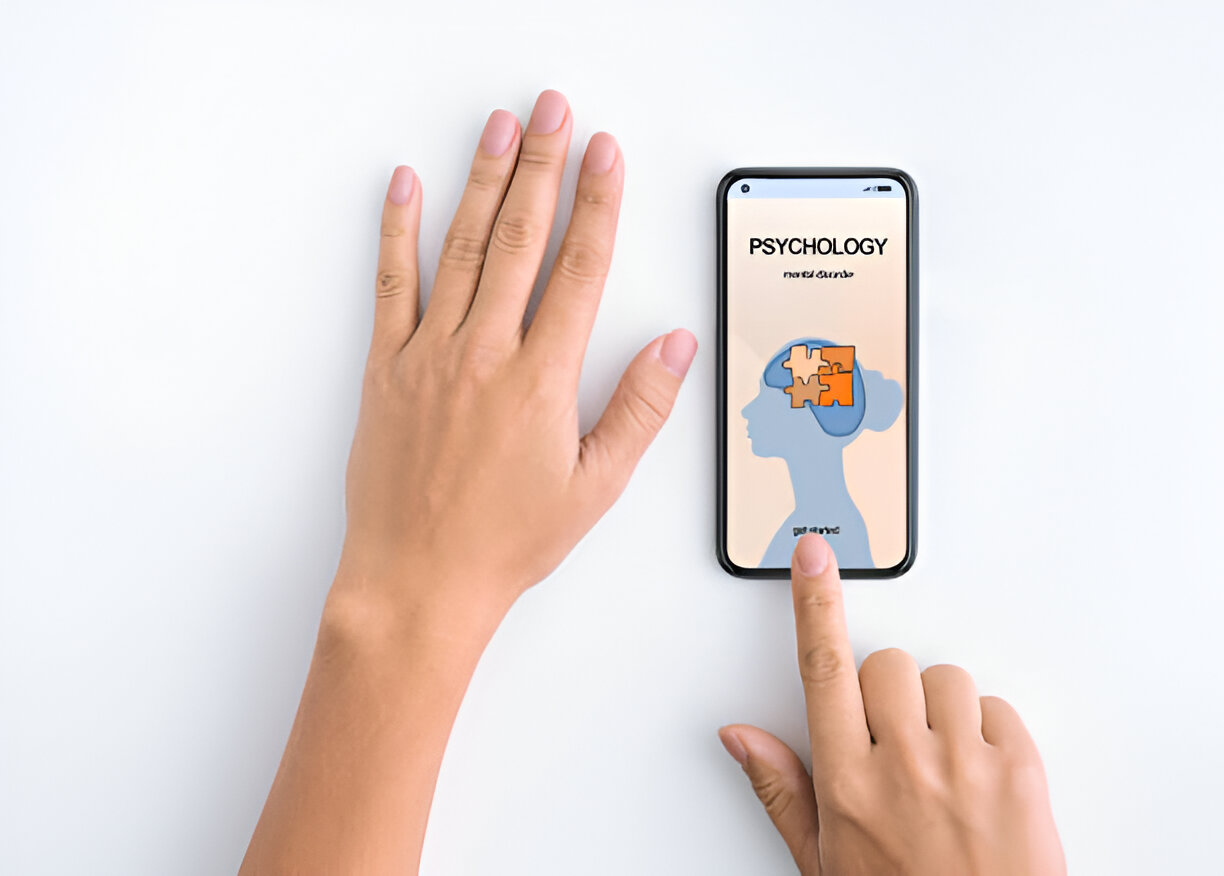In an era where digital transformation is reshaping industries, mental health practices must adapt to remain competitive and provide superior patient care. A custom mental health app can revolutionize how mental health professionals engage with clients, streamline operations, and enhance treatment outcomes. Unlike generic solutions, a tailor-made app can be designed to address specific practice needs, ensuring a seamless and personalized experience for both therapists and clients.
For more insights on mental health digital solutions, check out Digital Solutions for Mental Healthcare.
The Growing Demand for Mental Health Apps
The mental health industry has witnessed an increasing reliance on digital solutions to expand accessibility and improve patient engagement. With the rising need for mental health services, driven by factors like heightened awareness, reduced stigma, and the ongoing stress of modern life, mental health apps have become a crucial tool for therapists and counselors. These apps provide an opportunity to offer round-the-clock support, self-help tools, and appointment management features, making therapy more convenient and effective for clients.
For more on optimizing mental health practice growth, explore Practice Growth for Mental Health Therapists.
Key Features of a Custom Mental Health App
A well-developed mental health app should integrate essential features to enhance usability and efficiency. Some critical components include:
1. Teletherapy & Video Consultations
A robust video consultation feature allows clients to connect with therapists remotely, making mental health services more accessible. Secure, HIPAA-compliant teletherapy ensures privacy and confidentiality while providing flexibility for both clients and practitioners.
Learn more about HIPAA-compliant solutions in HIPAA-Compliant Web Design for Mental Health Therapists.
2. Appointment Scheduling & Reminders
Automated scheduling reduces administrative burdens by allowing clients to book, reschedule, or cancel appointments directly within the app. Reminders help decrease no-show rates, ensuring a more efficient workflow for mental health professionals.
3. Secure Messaging & Chat Support
Real-time messaging between clients and therapists fosters engagement and immediate support. Secure, encrypted messaging ensures confidentiality and allows therapists to provide timely assistance outside of scheduled sessions.
For more on client engagement strategies, visit How to Boost Your Clinic’s Online Visibility.
4. Self-Assessment Tools & Mood Tracking
A mental health app can integrate self-assessment quizzes, mood trackers, and progress reports to help clients monitor their mental health journey. These tools enable therapists to gain deeper insights into their clients’ well-being and tailor treatment plans accordingly.
5. Resource Library & Educational Content
A well-structured content hub with articles, guided meditations, coping strategies, and self-help resources empowers clients with knowledge and strategies to manage their mental health between sessions.
For effective content marketing strategies, check out How to Use Content Marketing to Generate More Therapy Clients.
The Benefits of Developing a Custom Mental Health App
1. Improved Client Engagement
A customized app provides a more engaging experience by offering interactive tools, real-time communication, and seamless appointment management, leading to higher retention rates and improved client satisfaction.
2. Enhanced Accessibility & Convenience
Clients can access therapy and mental health resources anytime, anywhere. This is particularly beneficial for those in remote locations or those with mobility limitations, making mental health care more inclusive.
3. Increased Revenue Streams
A custom app allows therapists to monetize digital services, such as paid subscriptions for premium content, online courses, or virtual therapy sessions, diversifying income sources.
For insights on digital marketing strategies, explore Digital Marketing for Mental Health Professionals.
The Future of Mental Health Apps
The mental health industry is rapidly evolving, and technology will continue to play a pivotal role in improving access to care. Emerging trends such as AI-powered therapy chatbots, virtual reality therapy, and blockchain-based data security will further enhance the effectiveness of mental health apps.
For a deeper look at tech advancements in mental health, check out Five Tech Innovations That Changed Mental Health in 2024.
Conclusion
Investing in a custom mental health app is a game-changer for mental health professionals looking to modernize their practice, improve patient care, and scale their services. By incorporating essential features, ensuring HIPAA compliance, and leveraging AI-driven personalization, therapists can create a digital tool that transforms the way mental health care is delivered.
For expert guidance on mental health app development and IT solutions tailored to therapists, visit Mental Health IT Solutions (MHIS).







